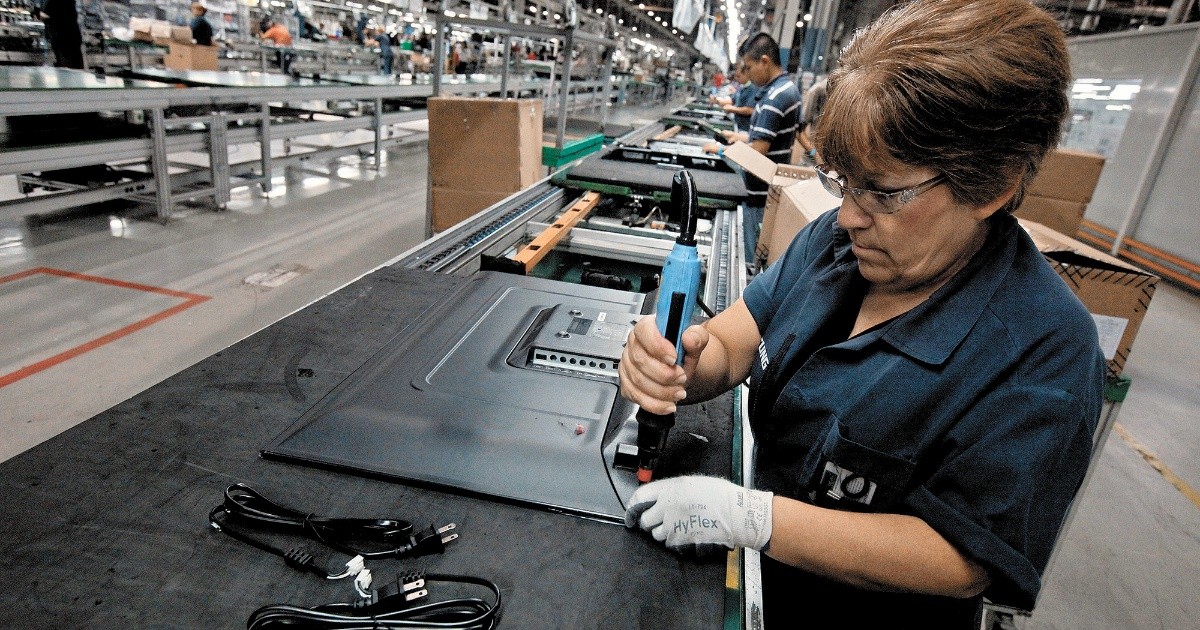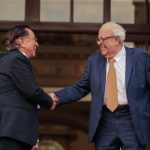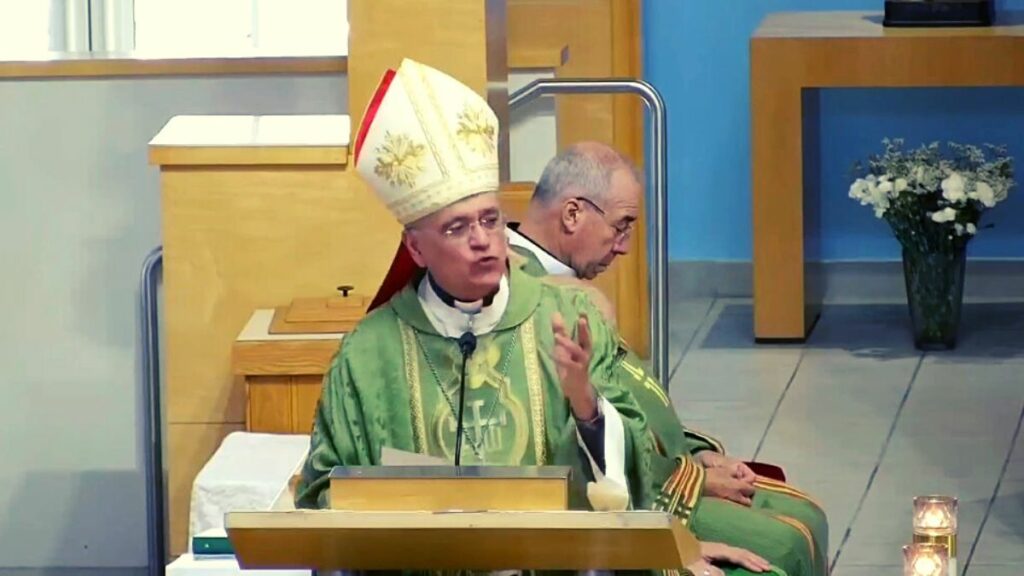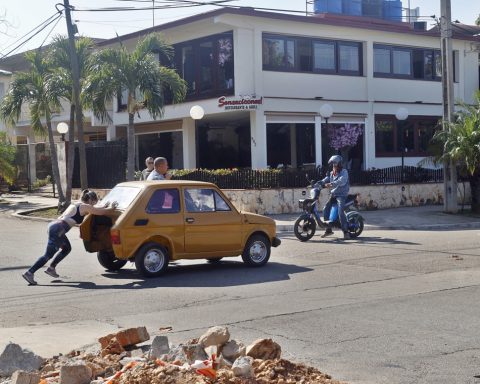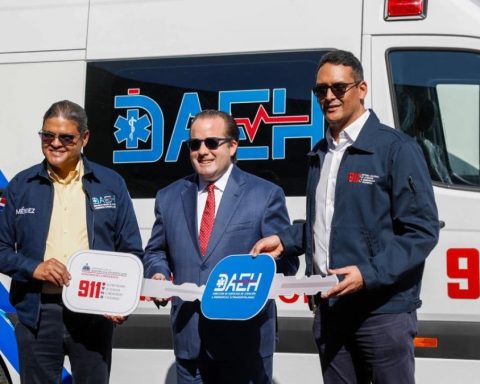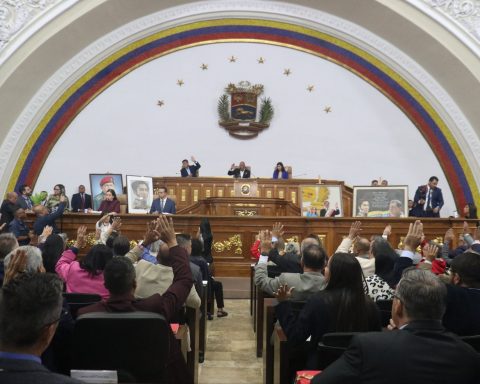The United States is not alone in seeking to limit reliance on China in the productive development, also the European Union (EU) is scrutinizing supply agreements with several countries where Mexico is included, revealed the executive president and rector of the Technological Institute of Higher Studies of Mexico (ITESM), David Garza Salazar.
After participating in the davos forumas a representative of the only Latin American university convened by the World Economic Forum (WEF), Garza explained that if Mexico does not currently have the ideal context to take advantage of the opportunity represented by the interest of large economies in limiting their dependence on China, other sectors, such as local governments, can benefit.
That is the case of New Lionwhich was called by the WEF to be part of the Global Network of Manufacturing Hubs and Advanced Manufacturing.
The project, which will be developed in the course of this year, will have the participation of the business, academic and civil society sectors. ITESM will have a relevant role in the strategy, he stressed.
As stated by the WEFthis global network of hubs is already operating between 13 cities in the world, such as the Basque Country of Spain, in three industries: automobiles, aeronautics and machine tools; Sao Paulo, in Brazil, with three main industries: Food, fuels and chemicals of vegetable and automotive origin; Lombardy, in Italy, where its industrial top three is found in machinery and mechatronics, as well as in food manufacturing and mechanics; Michigan, New England and Ohio, in USA, with automotive, defense, aerospace and agriculture industries. Tamil Nadu, in Indiaa leader in the food, textitels and automobile industry and Istanbul, Turkeywhose representative industries are automotive, chemical and steel, among other centers.
As the project progresses, New Lion will be part of Global Network of Advanced Manufacturing Hubs that can accelerate the realignment of operations of companies at the regional level to avoid further disruptions in the global supply chain.
It is planned to do collaborations at scale, which will enable partnerships across regions and national borders.
As explained by the rector of ITESM, the view of the WEF in Mexico it is pointing specifically towards Monterrey, New Liondue to its strategic geographical position and industrial vocation, which in a first approximation, will facilitate the rapid reaction of companies to restore supply chains in any eventuality.
Adapt with agility
In the annual report of the Global Network of Advanced Manufacturing Hubs of 2021 (disclosed in March 2022), specify that the interruption of supply chains from the pandemic and geopolitical volatility showed that companies must be prepared to quickly realign their operations in the face of similar events and that is where Mexico could integrate to integrate this network.
Garza Salazar recalled that the governor of Nuevo León, Samuel García Sepúlveda, participated in the Davos Forum and spoke with the president of the WEFKlaus Shwab on this topic.
In the same annual report of the Global Network of Advanced Manufacturing Hubs They detail that the pandemic has been a test where large manufacturers have had to adapt to shocks to try to replenish supply interruptions.
This network of hubs and regions can drive collaborations to address common challenges and speed realignment of operations.
ITESM in Davos
ITESM came to Davos as the only Latin American university invited by the WEF to be part of the Global Community Village that has to do with metaverses.
The metaverse could be the next evolution of the internet; It is an extended reality, a combination of augmented, virtual and mixed reality where there are great opportunities for business, government, science and technology.
And the WEF he invited universities like the Tec to shape the metaverse of education, science and technology.
This community is made up of the CEOs of the world’s universities who are committed to supporting the mission of the WEF to improve the state of the world.
This community is made up of 20 members and at the meeting they explored two fundamental topics: digital transformation and the use of clean energy or emission neutrality.
kg
